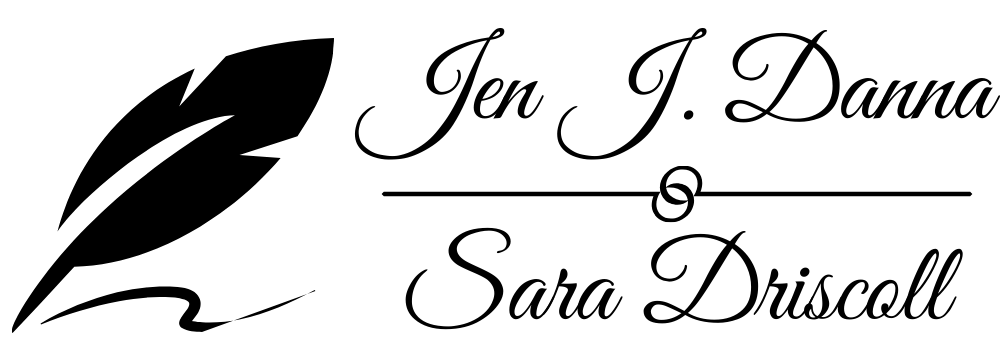Why do we read?
/ I finished the novel GONE GIRL last week. It took me a while to find time to read it, but I was curious because I’d heard a lot about it and knew it was critically acclaimed. But almost immediately I knew this wasn’t my kind of book. I finished it, but I admit to having to take a break about a third of the way into it. Now that I’m done, I can’t actually say that I enjoyed it. It was a solid story, but the gritty portrayal of the protagonists’ marriage, and the nastiness and betrayals were just not fun to experience with them. It was dark and disturbing and unsettling. Kudos to Gillian Flynn for bringing her readers along for the ride, but, for me, life is heavy enough without that kind of realism invading my brief and precious entertainment space.
I finished the novel GONE GIRL last week. It took me a while to find time to read it, but I was curious because I’d heard a lot about it and knew it was critically acclaimed. But almost immediately I knew this wasn’t my kind of book. I finished it, but I admit to having to take a break about a third of the way into it. Now that I’m done, I can’t actually say that I enjoyed it. It was a solid story, but the gritty portrayal of the protagonists’ marriage, and the nastiness and betrayals were just not fun to experience with them. It was dark and disturbing and unsettling. Kudos to Gillian Flynn for bringing her readers along for the ride, but, for me, life is heavy enough without that kind of realism invading my brief and precious entertainment space.
However, it made me think about why we read. In the end, I stuck with GONE GIRL just to finish the book, not because I liked the characters or was enjoying the story. But when it comes to the main types of books we read, why do we do it?
- Escapism: Sometimes real life can be overwhelming, and you just want to get away from the bills, work projects, raising teenagers and everything else reality throws your way. So losing yourself in another world—be it a happily-ever-after romance, the worldbuilding of a fantasy novel, or immersion in a terrifying horror tale—can be a welcome break from reality.
- To learn something: This is why I love historical fiction of any kind. I always come out of a novel like that having learned something new about a culture, a place or a time in history.
- To engage the brain: This is one reason I’ve always been drawn to murder mysteries. My brain doesn’t turn off well at the best of times, but when I read fiction like this, I’m always on the lookout for clues and constantly trying to solve the crime before the investigator.
- To safely explore emotional themes in a manner where no one is actually harmed: Many things happen in fiction that we’d never want to personally experience—rape, murder, losing a child, or navigating the breakup of a marriage, for example. Experiencing tragedy through someone else’s eyes gives us a window into what it really might feel like without experiencing the loss ourselves.
- Emotional satisfaction: Many times, the world simply doesn’t work in ways we’d like to see and experience—often there isn’t justice for evil, and good is not always rewarded. Fiction can give us a way to right the wrongs we see in real life and to experience the emotional satisfaction that comes from justice well served.
- An interruptible and resumable process: Reading is something that we can do on our own time schedule. No need to watch the clock or set a DVR. Fall asleep during your favourite TV show and you’ve missed something and have to scramble to catch up. Fall asleep while reading and your book waits for you.
- A renewable process: You can reread your favourite books time and again, often gaining new insight by doing so. Books have layers that peel away to reveal new information when you have the foresight of knowing how the book ends. As a result, sometimes books can be more enjoyable on a second read.
Something occurred to Ann and I while we were coming up with this list: from our perspective, many of these reasons are also why we write—especially around the concepts of emotional justice, learning new concepts and exploring emotional themes.
These are our reasons to read. How about you guys—have we missed any of your favourite reasons to read or do you agree with our list?
Photo credit: Alexandre Dulaunoy
It's Goodreads giveaway time! Win an ARC of DEAD, WITHOUT A STONE TO TELL IT in one of two ways:
1) Five Star is giving away 10 copies to American entrants, ending on March 25, 2013: http://www.goodreads.com/giveaway/show/41803-dead-without-a-stone-to-tell-it
2) I'm giving away an authorgraphed ARC to Canadian entrants until February 18th (with more North American giveaways coming soon): http://www.goodreads.com/giveaway/show/44027-dead-without-a-stone-to-tell-it



 Complete!
Complete! Planning
Planning